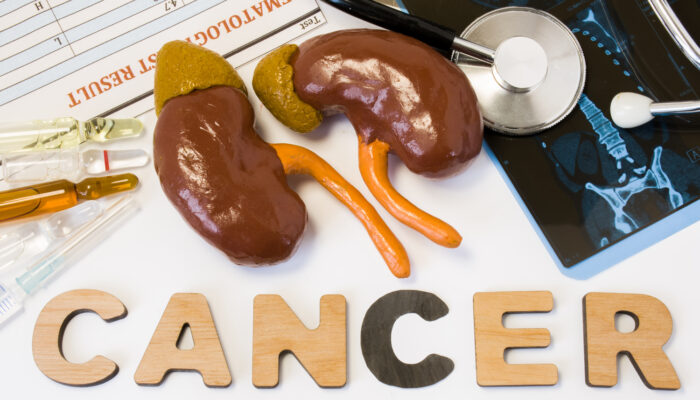
Top Foods to Avoid and Consume for GERD
GERD, or gastroesophageal reflux disease, is a condition that occurs when acid backflows from the stomach into the esophagus. This may cause not only mild to severe pain and indigestion, but also long-term damage to the inner lining of the esophagus if left undiagnosed and untreated. One main reason for GERD is when the lower esophageal sphincter (or LES) becomes weakened or damaged from the reactions from irritation. This weakening is what allows the backflow of stomach acid and the resulting acid reflux.
The following list of foods are known triggers for heartburn, acid reflux, and GERD
1. Alcohol
Beer and red wine specifically are known for exacerbating these symptoms, but overall all alcohols help in relaxing the LES and allowing stomach acid to creep up. How much it takes to cause these symptoms differs from every person, but if imbibing it is advisable to eat a small snack
2. Spicy foods
Foods with chili spice can affect the acid levels in the stomach promoting heartburn. Hot sauces that contain tomatoes, which are highly acidic can also prompt irritation of the esophagus and heartburn.
3. Garlic and onions
These sulfur-rich vegetables can also be inflammatory to the gut in some GERD patients. If these veggies from the allium family (i.e., garlic, onions, shallots, spring onions, leeks, and chives) become suspect, remove them from your everyday diet, and evaluate how you feel without them in your life.
4. Chocolate
Not only is chocolate high in caffeine (a known trigger for acid reflux), it is also high in fat, which takes longer to digest. Chocolate also releases a pleasure hormone, endorphins, that relax the LES causing reflux
5. Citrus fruit
Obviously high acidity levels found in oranges, lemons, limes, and grapefruit can wreak havoc on your GERD. When consumed, citrus should be ideally eaten earlier in the day so that it’s digested thoroughly and does not cause sleep disturbances
Making simple dietary changes and avoiding the above mentioned foods can provide significant GERD and acid reflux relief. Incorporating GERD-friendly foods, such as eating green vegetables like asparagus, broccoli, green beans, and leafy greens can help reduce stomach acid. Using ginger in your cooking (or teas) also helps as it’s naturally anti-inflammatory, which can aid digestion and soothe irritation in the digestive system. Any signs of GERD should be brought to the attention of a doctor immediately, as GERD may often signal other underlying health issues. For instance, GERD is a colitis warning sign, a precursor if you will, to other more serious conditions.



